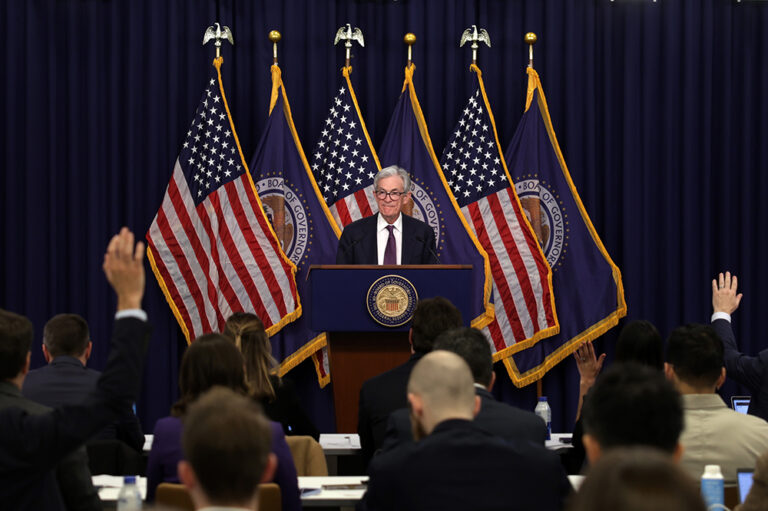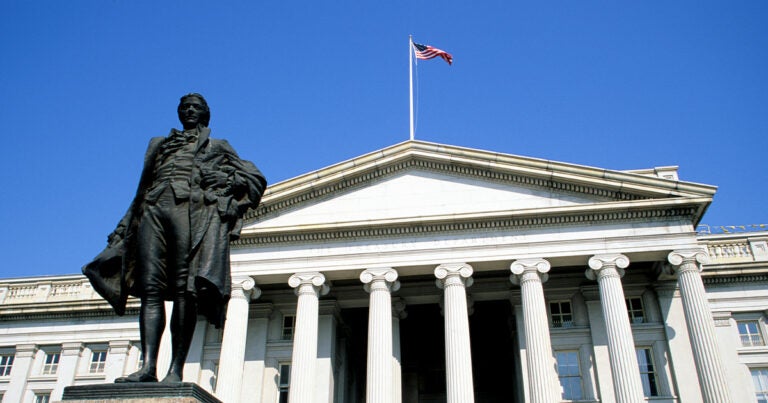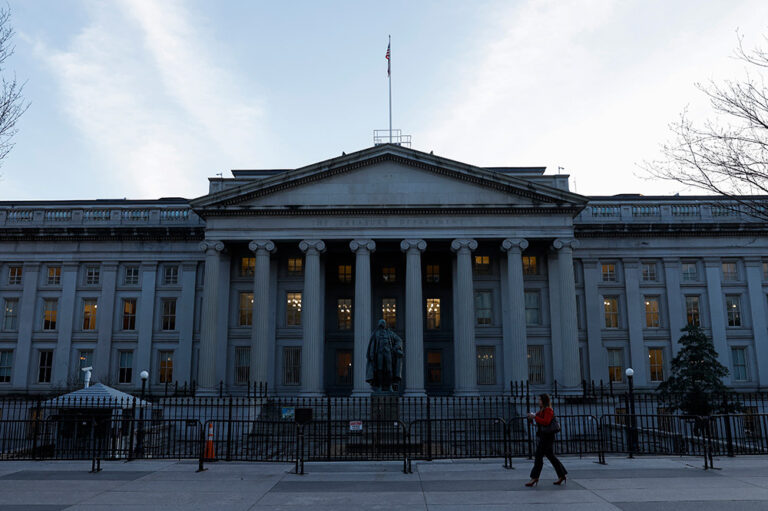Thus far, the national debt has been mentioned in the both the first presidential debate and the only vice presidential debate — but none of the candidates have offered a plan for addressing the nation’s long-term fiscal imbalance. There is plenty of evidence, however, that voters are concerned about the nation’s fiscal health and would like to hear substantive plans from the candidates:
- Voters said that the national debt was the topic they most wanted Hillary Clinton and Donald Trump to address in the first presidential debate, according to an online survey conducted by the Wall Street Journal. The second most popular topic? Taxes—another fiscally policy issue.
- Voters indicated that they would like to see more time in the debates spent on the nation’s budget deficits, when replying to a survey conducted by the Pew Research Center.
- In our survey of registered voters, 91% agreed that the national debt should be a topic in the debates, with clear consensus among Democrats (89%), Independents (91%), and Republicans (95%).
- In the poll conducted for the compilation of this month’s Fiscal Confidence Index, 66% voters say their level of concern about the national debt has increased over the last few years, and 75% want the issue to be among the top three priorities for elected officials.
Thousands of voters have taken the opportunity to tweet at or email the candidates expressing their concern about the nation’s fiscal health, and there’s still time before Sunday’s debate to ask the candidates for a plan. CNN has also placed an open call for debate questions on its Facebook page.
Photo by Darren Hauck/Getty Images
Further Reading
The Fed Reduced the Short-Term Rate Again, but Interest Costs Remain High
High interest rates on U.S. Treasury securities increase the federal government’s borrowing costs.
What Types of Securities Does the Treasury Issue?
Let’s take a closer look at a few key characteristics of Treasury borrowing that can affect its budgetary cost.
Quarterly Treasury Refunding Statement: Borrowing Up Year Over Year
Key highlights from the most recent Quarterly Refunding include an increase in anticipated borrowing of $158 billion compared to the same period in the previous year.


